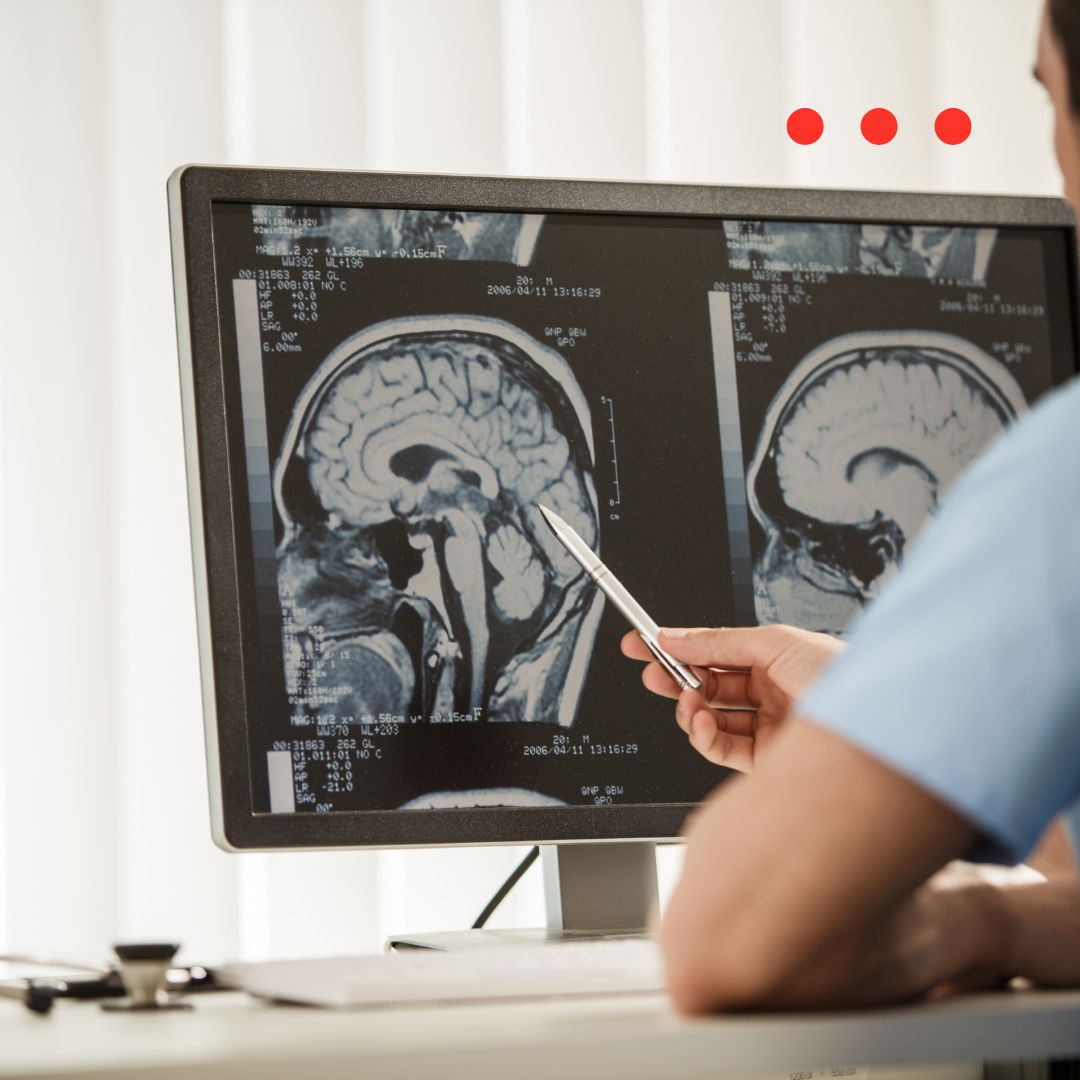
Functional Magnetic Resonance Imaging (fMRI) is a powerful imaging technique that measures and maps brain activity by detecting changes in blood flow. Unlike traditional MRI, which provides detailed images of brain structures, fMRI captures dynamic processes within the brain, allowing researchers and clinicians to study brain function in real-time. This non-invasive technique has revolutionized brain research and clinical diagnostics, providing valuable insights into how the brain works and how it is affected by various conditions.
At Vita Diagnostics, we offer advanced fMRI services to our patients in Ernakulam and Thrissur. Our state-of-the-art MRI technology and experienced radiologists ensure precise and reliable assessment of brain function. By understanding the role of fMRI in brain research and clinical practice, patients and researchers can appreciate the benefits of this advanced imaging modality in studying and managing neurological conditions.
fMRI is based on the principle that brain activity is associated with changes in blood flow. When a specific area of the brain is active, it requires more oxygen, leading to an increase in blood flow to that region. fMRI detects these changes in blood flow by measuring the Blood Oxygen Level Dependent (BOLD) signal, which reflects the amount of oxygenated and deoxygenated hemoglobin in the blood. By capturing the BOLD signal, fMRI can create detailed maps of brain activity in response to various tasks and stimuli.
At Vita Diagnostics, our advanced fMRI technology provides high-resolution images and precise mapping of brain activity. This capability is particularly useful in studying cognitive functions such as memory, language, and decision-making, as well as in diagnosing and managing neurological conditions such as epilepsy, stroke, and brain tumors. Our fMRI services offer valuable insights into brain function, helping to inform treatment strategies and improve patient outcomes.
fMRI has numerous applications in brain research, making it an invaluable tool for neuroscientists and clinicians. One of the primary uses of fMRI is in mapping brain function, allowing researchers to identify which areas of the brain are involved in specific cognitive tasks. This information is crucial for understanding the neural basis of behavior and cognition, as well as for studying brain development and aging.
In clinical practice, fMRI is used to assess brain function in patients with neurological conditions. For example, fMRI can help localize seizure foci in patients with epilepsy, guiding surgical planning for epilepsy surgery. It is also used to evaluate brain function in patients with stroke, traumatic brain injury, and brain tumors, helping to assess the impact of these conditions on cognitive function and guide rehabilitation strategies. At Vita Diagnostics, our advanced fMRI services provide valuable insights into brain function, contributing to both research and clinical care.
The future of fMRI in neurological diagnostics holds great promise, with ongoing advancements in technology and research continuing to expand its applications. One of the emerging trends in fMRI is the integration of multimodal imaging techniques, such as combining fMRI with electroencephalography (EEG) or positron emission tomography (PET), to provide a more comprehensive understanding of brain function and connectivity.
Advancements in machine learning and artificial intelligence are also enhancing the analysis of fMRI data, allowing for more accurate and detailed mapping of brain activity. These developments have the potential to improve the diagnosis and management of neurological conditions, as well as to advance our understanding of the brain's complex functions. At Vita Diagnostics, we are committed to staying at the forefront of fMRI technology and research, ensuring that our patients and researchers have access to the latest advancements in brain imaging.